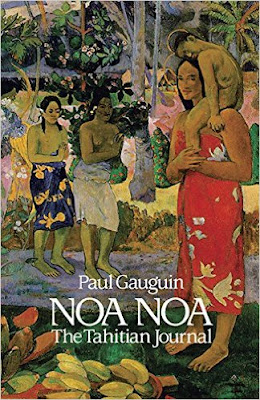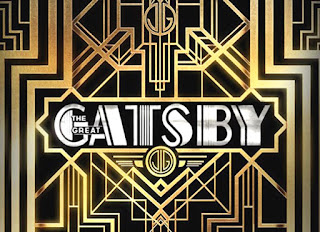Katherine is a Classic
 So, I recently discovered the novel Katherine by Anya Seton. I don't know what it is, but there's something about historical fiction that was written in the 1950s that's just irresistible. I simply devoured this novel. Seton writes with true mastery and style (rare in modern historical fiction); she has a flair for description, and incorporates fact and fiction seamlessly while adding a deft touch of humor and magic.
So, I recently discovered the novel Katherine by Anya Seton. I don't know what it is, but there's something about historical fiction that was written in the 1950s that's just irresistible. I simply devoured this novel. Seton writes with true mastery and style (rare in modern historical fiction); she has a flair for description, and incorporates fact and fiction seamlessly while adding a deft touch of humor and magic.What I most appreciated about this book was its treatment of Katherine as a character. Seton bestows her with a rich inner life and a complex psychology. Her growth as a character is unusual in historical fiction, where so often female characters drift from pleasure to tragedy fundamentally unchanged. In Katherine, we see Katherine start out as a naive young girl, hopelessly trapped in a loveless, and some might say abusive, marriage, only to gradually develop into a headstrong, headless, over confident young woman, before transforming into a mature woman, sobered with good sense and a new sense of empathy. Along the way, we see Katherine struggle to forgive the betrayals and abuse of her first husband as well as seek forgiveness for her careless attitude towards Gaunt's wife. She is a character drawn from life, portrayed with depth and detail. Seton pulls off a gutsy gamble when she allows her readers to dislike her protagonist for a good third of the book, for the sake of creating a true-to-life character.
That might sound all very literary, but it's an entertaining book too. There are so many great scenes, cinematic moments of drama and adventure as well clever scenes of domestic life.
One of my favorite moments is the scene in which Katherine gives birth to her first child. She's all alone in her castle because all of the servants had gone, against Katherine's orders, to a festival when the labor starts, so Katherine has to give birth with only the help of her husband's mentally unbalanced step-mother. After the baby is born, the step mother tries to steal it. Just as it seems that all is lost, Katherine hears someone in the hallway and starts screaming "save my baby, save my baby". The next second, the Duke of Lancaster comes into the room, really, really confused. It's both funny and sad, funny because of the sheer ridiculousness of the situation, and sad because it illustrates how powerless Katherine is in her own life.
There is a lot of commentary about power in this novel, and, in the end, even the most powerful people are powerless in the ways that really matter. Katherine, wealthy and secure, is unable to save her eldest child from herself and John is unable to force Katherine to stay with him once she decides to leave.
It's these sorts of paradoxes that make the novel such a fascinating and enduring classic.
Just readin'



Comments
Post a Comment